RESEARCH PROGRAMS
IRAN IN A NEW REALITY
Iran is a nuclear threshold state. This, coupled with growing Iranian influence and a diminished American resolve to use military force in the region, poses an unprecedented strategic challenge to Israel and the region. The strategies that Israel adopted to deal with the Iranian threat to date need to be revisited and re-validated. A creative, multi-dimensional strategic response integrating diplomacy, intelligence, covert capabilities, military and cyber operations and information efforts, alongside international leverage in the short – medium – and long-term, must be sought.
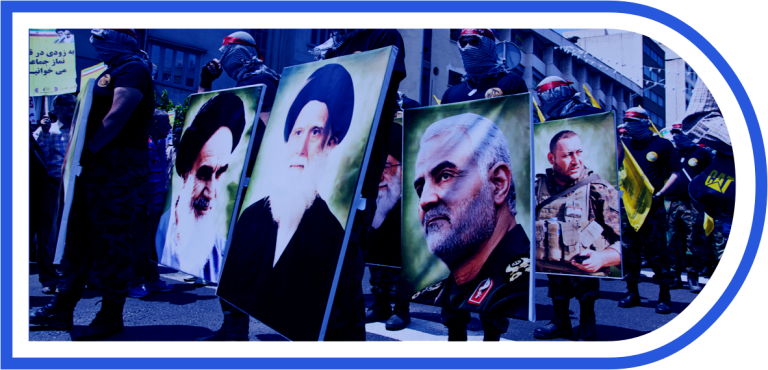
"Israel must take advantage of the current momentum, leverage the UN institutions' focus on the Iranian regime and frame it as a global threat that challenges the values of the Western bloc to which Israel belongs."
Source: MIND weekly report distributed to senior officials in the foreign ministry and security establishment (March 2024)

MENA: DYNAMICS AND RIVALRIES
This program fosters regional integration and cooperation, while addressing pressing security concerns. Recognizing the activities of pro-Iranian forces and the Muslim Brotherhood radical-Islamist axis, the program acknowledges the strategic importance of cultivating the Abraham Accords and other regional peace agreements. It emphasizes the potential for expanding these agreements and exploring further normalization, particularly with Saudi Arabia, to create a broader regional coalition alongside the United States and other key partners.
"Israel must frame the Houthi threat to the Red Sea as a threat to the shared interests of Egypt, Jordan and itself, and together with these players and with the US, it should promote their addition to the India-Middle East-Europe Economic Corridor (IMEC)."
Source: MIND policy paper to Israeli officials, The Houthi Threat to Israel – Insights and Recommendations (January 2024)
PALESTINIANS AND THE REGION
October 7 has changed the Palestinian arena in ample domains and warrants renewed thinking about the Israeli-Palestinian paradigm from multiple perspectives. These include ensuring Israel’s security while noting that military efforts will not suffice to create the desired change; setting the ground for a revised Palestinian Authority and revisiting Israel’s policies vis-à-vis long-held conceptions about the Palestinian plight for statehood.
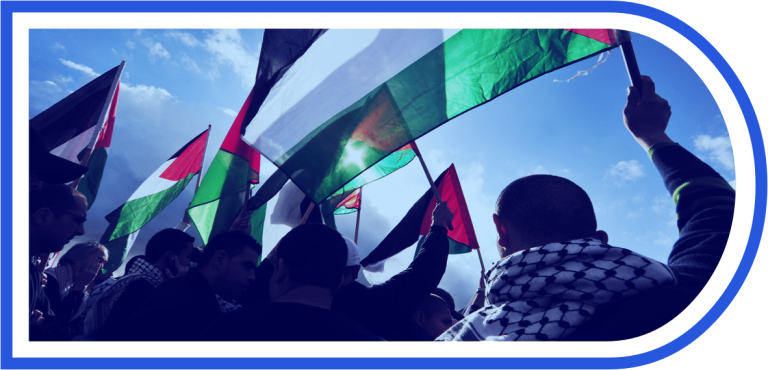
"Changing Israel's policy towards the Palestinians includes halting any gradual slide towards a single-state reality and advancing a political framework to address the conflict."
Source:Turning Catastrophe into Vision – MIND Israel's 2024 National Security Strategy for a Post-Hamas Gaza (February 2024)

GREAT POWER COMPETITION
The post-Cold-War world order is challenged by climate change, revisionist and authoritative regimes, de-globalization forces, disruptive technology competition, and economic instability. Israel, as other democracies, must adapt its national security concepts to the emerging world order and its challenges, with eyes on the 2050 horizon.
"It's not too late for Israel, which avoided openly supporting Ukraine throughout most of the war, to change track and position itself shoulder-to-shoulder with the United States and the Western Coalition. China and Russia's anti-Israel policies during the war in Gaza emphasize that there is no alternative to American support."
Source: Mind policy paper further to the two-year milestone of the war in Ukraine (March 2024)
US-ISRAEL PARTNERSHIP
An underlying paradigm in our research, analysis and policy recommendations is that the US-Israel partnership must be cultivated and strengthened. This paradigm rests in three pillars: a. shared interests between the countries; b. shared values, and c. a friendship among the people and the leaders of the United States and Israel. To this end our work outlines a strategy for a strategic partnership including a technological alliance and a shared vision for the Middle East.
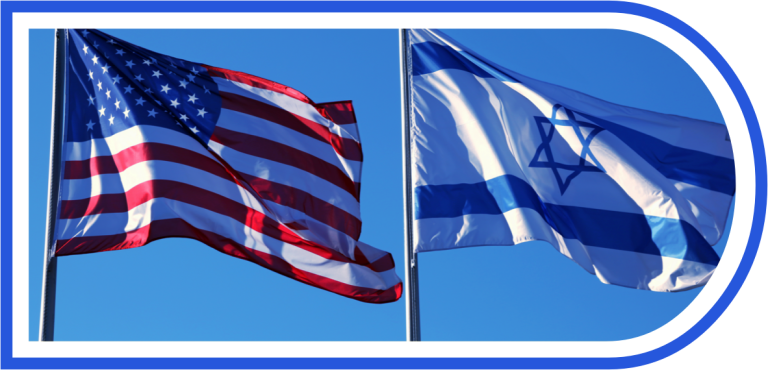
"The US commitment to Israel's security from the beginning of the war once again proved that the US is a central strategic pillar".
Source: MIND policy paper (January 2024)
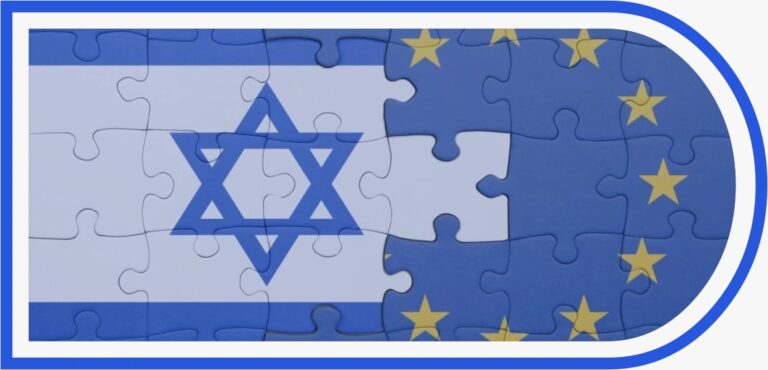
EUROPE - ISRAEL RELATIONS
Europe, with its normative power, plays an important role in the Western coalition of states to which Israel opts to belong. In this program, we explore dynamics and trends in Europe, both on the state and EU level, with the ultimate aim of enhancing Israel’s bilateral and multilateral collaborations in the European continent.
"Israel should exchange best practices and up its cooperation with Ukraine in two domains: countering Iran-based weapons and maneuvering in a technologically advanced battlefield"
Source: MIND policy paper to Israeli officials, The Kursk Invasion as a Gamechanger in the Ukraine-Russia War (August 2024)
ISRAEL- DIASPORA RELATIONS
The relations between Israel and Diaspora Jewry are important, not only to Israel’s national security but also to the security, cohesion and resilience of the entire Jewish people. The catastrophe that befell Israel on October 7, presents an opportunity to connect between Jews living in Israel – who have become far more aware of antisemitism in the Diaspora – and Jews living outside of Israel, who even from afar, have been directly impacted by this sequence of events.

"The relations between Israel and US Jewry are important to Israel's national security and to the security, cohesion and resilience of the entire Jewish people."
Source: MIND policy paper (February 2024)
CRITICAL & EMERGING TECHNOLOGIES
The Critical & Emerging Technologies Program aims to bring the tech space into the national security discourse and bridge between the public and private sectors. It seeks to create thought leadership on emerging technologies – AI, Quantum, 5G-6G, Climatech among others – and how they contribute to Israel’s global power. It assists in forming public policy around these strategic technologies and helps drive the Israeli tech ecosystem by strengthening partnerships with allies.
MIND Israel and IATI (Israel Advanced Technology Industries) launched the US-Israel Critical and Emerging Technologies Senior Forum. This cooperation aims to catalyze US-Israel private and public sector dialogue on Critical & Emerging Technologies, to complement the bilateral tech alliance discourse between the two governments, and anchor Israel’s position as a leading tech ally to the US.

“Initiatives for Private-to-Private dialogues on S&T should be encouraged, as they provide not only a complementary track to the governmental one, but also means for expediting it and, perhaps, bulletproofing it from political disturbances”.
Source: A special report for the Israeli government (June 2023)
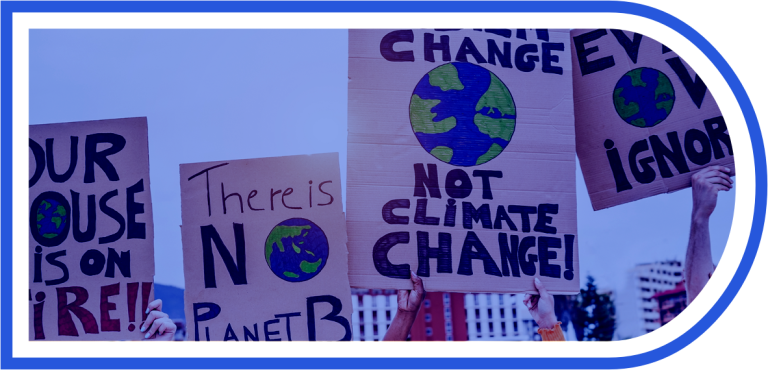
Climate & Sustainability
Provide climate change analysis and its consequences across various arenas relevant to Israel’s national security and leverage it to anchor Israel’s leading role in regional and international arenas.
"Netanyahu should still maintain productive economic ties with China, in a way that protects Israel’s national security concerns and unique characteristics, while creating better partnerships with U.S. friends in the West and in Asia - especially India, Japan, and South Korea.”
From a strategic document for the Israeli Cabinet ministers (March 2023).
ARTIFICIAL INTELLIGENCE
Highlight the critical and emerging technologies’s role as a new significant element in Israel’s national security.


